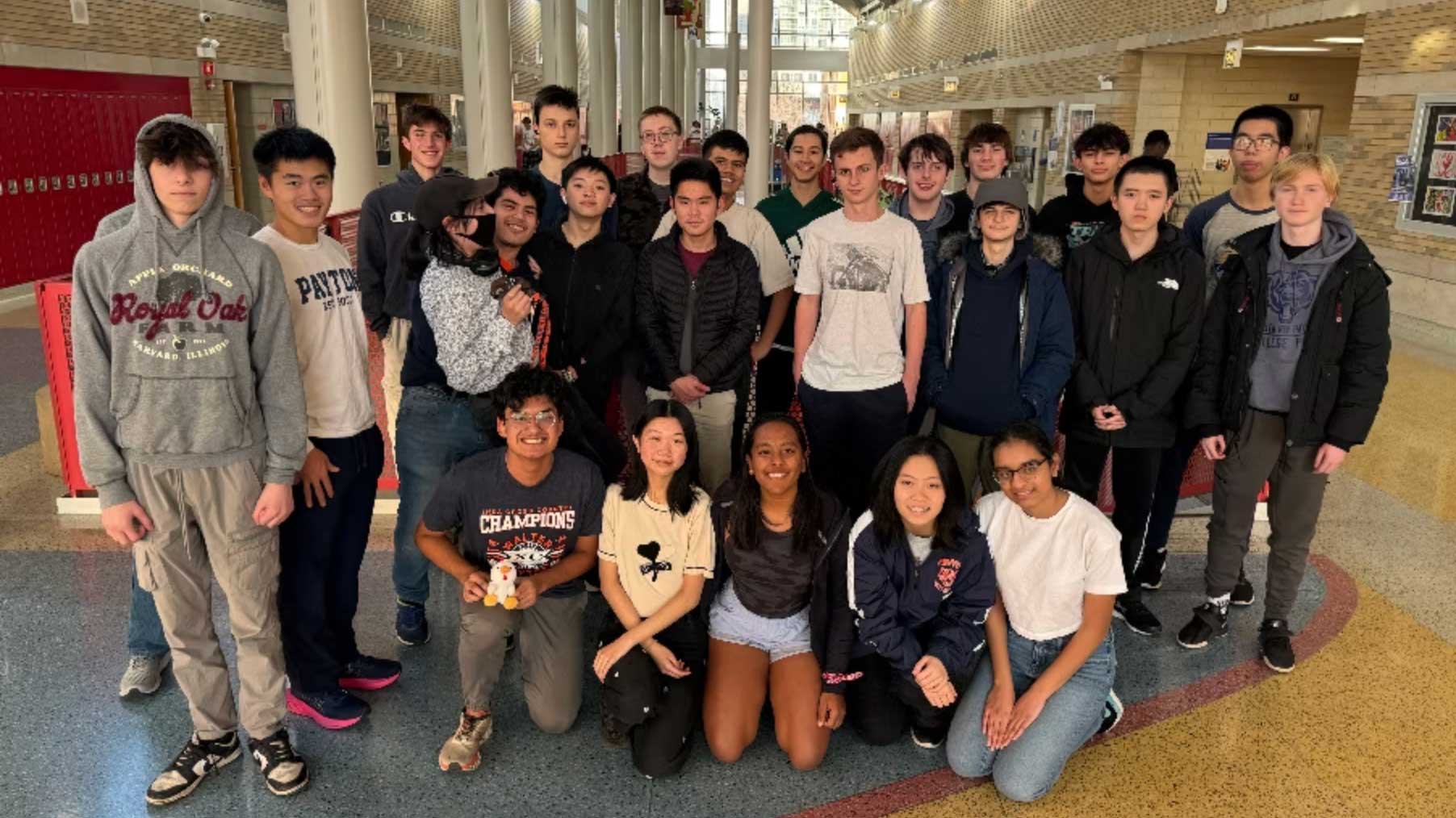Enjoying the environment should be about connecting with Earth, not a neon-colored plastic wrapper.
Imagine hiking along a scenic trail, admiring the beauty of nature and the invigorating feeling of the fresh air. The calming sounds of birds’ chirps echo through the forest. Gentle rays of sunshine peek through the leafy canopy above. As you walk ahead, your eyes immediately fixate on something bright orange stuck in the dirt.
According to the U.S. National Park Service, tourists account for over 300 million visits to national parks each year. But even more staggering is the 70 million tons of trash that is left behind. While a majority of this waste ends up in garbage cans and recycling bins, hundreds of thousands of pieces of trash still end up scattered in the wilderness. Similarly, popular recreational hubs like beaches host upwards of 180 million people annually. Cigarette butts, plastic packaging, and glass bottles are buried in the sand and drift out into the water. The litter makes its way into the homes and stomachs of animals, causing injuries due to toxic chemicals and blockages in their digestive systems. Surfers Against Sewage states that one in every three fish consumed contains plastic. In fact, more than 100,000 marine mammals die each year because of plastic ingestion. Not only does litter affect the environment, but it also puts additional strain on people helping to protect it. In 2023, volunteers of the Forest Service Volunteer Program spent a staggering 2.6 million hours restoring trails. This grueling work often leads volunteers to focus on cleaning the same areas, raising concerns about effectiveness and efficiency. Forests and beaches cover large areas, making it difficult to identify trash hotspots and address the root causes of littering.
We at Eccodrone were inspired while volunteering to clean up around various neighborhoods of Chicago. Treading and sifting the sand was exhausting and monotonous. We knew that even if we picked up all the litter from one area, it wouldn’t remain clean for long. However, an even larger issue when cleaning trash was reaching trash in remote or hard-to-enter locations. Oftentimes, heavily forested areas, marshes, or remote parts of forests are left uncleaned because of the difficulty of getting volunteers to those secluded spots. Emerging technologies have helped make trash removal faster, easier, and more productive. Autonomous robots and smart drones reduce the need for constant human intervention, allowing them to access remote locations and reach far distances. In fact, many organizations sought to ameliorate the microplastic issue on beaches by manufacturing sand-sifting rovers. These rovers can cover vast stretches of beaches and filter out small plastic particles buried deep in the sand. But with bulky equipment, rovers risk running over local vegetation, disrupting sand dunes, and crushing animal nests. But what if we put our eyes in the sky?
Thus, we created Eccodrone. Eccodrone is a nonprofit organization that began as a group of students seeking to clean beaches. The inspiration for EccoDrone came from a hiking trip to Vermont’s mountain ranges, where many objects littered the trails, which truly diminished the beauty of the wild wilderness. Using our technological expertise, we sought to develop an automated drone system to detect trash. We soon found other problems that could also be solved with drone technology. We continued to modify our drones to help conserve the environment. Partnerships with organizations across the City of Chicago and the State of Indiana have helped us raise nearly $11k in funding for our drone projects.
The entire trash detection software has multiple components, including the trash detection software and the physical drone itself. We utilize autonomous flight software (waypoint) and obstacle avoidance software to ensure that video footage is taken autonomously and safely. We set waypoints around park trails and send the drone to fly through those points autonomously, which it does via geographical positioning systems (GPS) chips embedded in the drone. In the trash detection software, we train the software to recognize certain types of objects in a video. Our software contains over 3000 pieces of trash, giving us an almost 98% accuracy rate in object detection. All in all, our drone safely and autonomously captures video footage of parks and trails, then feeds that data to our object detection software, which plots all detected trash on a map. And finally, we have an annotated map of trash around areas up to 500 square acres!
Eccodrone extends beyond just drone building. Working with high school students from Walter Payton College Preparatory High School, we work to bring drone building and sustainability to students across the Chicago area. The Eccodrone Club at Payton is a special addition to the Eccodrone Club. At the club, we bring activists and professors from all around Chicago to speak about their impact on environmental sustainability, reaching over 160 students. We also plan and build drones throughout the school year, teaching others about coding and engineering, and the importance of technology in the environment.
But at the root of our organization is a group of students who wish to make a change in our community. From volunteering at local organizations to joining park cleanups to creating clubs in our own neighborhoods, we start in our community. Many members begin with local cleanups. Getting involved in the community is a huge part of environmental maintenance. Other members vote for environmentally responsible leaders, support climate legislation, and engage in local government efforts. Whether you advocate against pollution from factories or join efforts for cleanups, the smallest change can begin just by reducing single-use plastics. The start of the largest movements comes from the smallest changes. So what is your change?
About the Authors
Inika Bansal, who founded EccoDrone, and Kelly Eng are students at Walter Payton College Preparatory High School.
Feature image courtesy of EccoDrone.
Source link
Earth911 earth911.com

